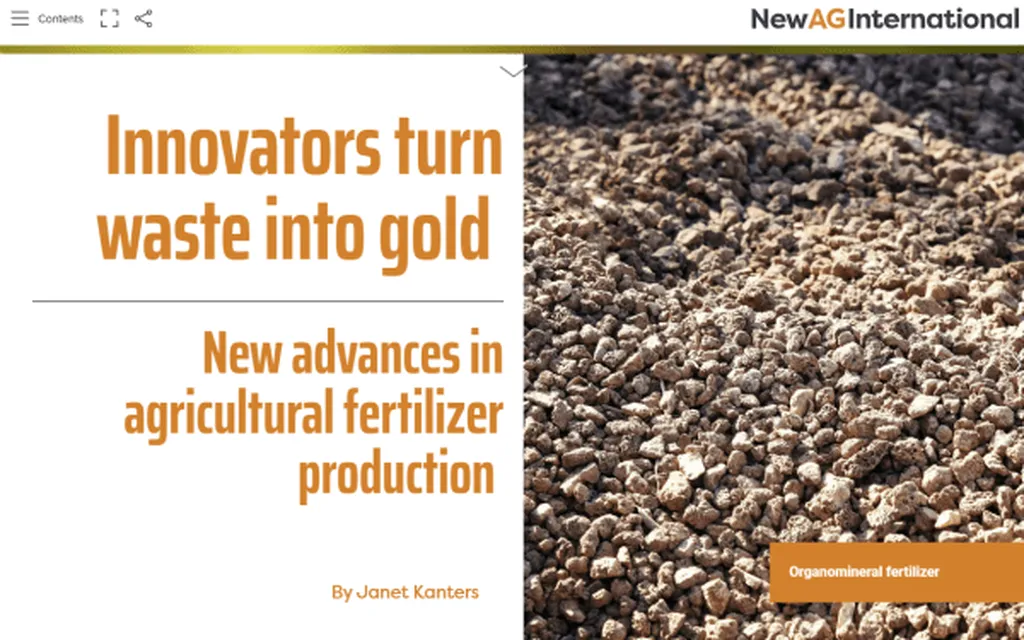In an era where sustainability is no longer a choice but a necessity, researchers are turning to industrial solid wastes (ISWs) as a treasure trove of opportunities. A recent study led by Saeed Bozorgmehr Nia from the Department of Civil, Construction, and Environmental Engineering at Iowa State University has shed light on how these often-discarded byproducts can be repurposed into valuable construction materials, significantly reducing carbon footprints and promoting a circular economy.
The study, published in the journal “Cleaner and Responsible Consumption,” systematically assessed ISWs from various industries, including steel and metal production, silicon and ferrosilicon manufacturing, agriculture, coal combustion, construction, textile and plastic production, and renewable energy. The findings underscore the potential of these byproducts to transform the construction industry, where they can be integrated as raw materials for concrete, asphalt, fillers, aggregates, and fibers.
“Effective utilization of ISWs is not only vital for ecological sustainability and reducing greenhouse gas emissions but also for achieving substantial cost and resource savings,” Bozorgmehr Nia emphasized. The research highlights that repurposing ISWs can enhance landfill disposal techniques and contribute to a more sustainable future.
The study delves into the ISW management hierarchy, offering insights into how these materials can be repurposed to minimize environmental impacts. For instance, byproducts from coal combustion and incineration in power plants can be transformed into valuable construction materials, reducing the need for virgin resources and lowering carbon emissions.
The implications for the energy sector are profound. As the world transitions towards renewable energy, the demand for sustainable construction materials is set to rise. By repurposing ISWs, energy companies can reduce their environmental footprint while also cutting costs associated with waste disposal and raw material procurement.
“This comprehensive review provides original insights to address various aspects of ISW utilization, with a particular focus on their sustainable repurposing for civil infrastructure applications,” Bozorgmehr Nia added. The research suggests that the future of construction lies in the innovative use of industrial byproducts, paving the way for a more sustainable and circular economy.
As the energy sector continues to evolve, the integration of ISWs into construction materials offers a promising avenue for reducing carbon footprints and promoting sustainability. The study by Bozorgmehr Nia and his team serves as a catalyst for further research and innovation in this field, encouraging industries to rethink their waste management strategies and embrace a more sustainable approach.
In a world grappling with the challenges of climate change and resource depletion, the repurposing of industrial solid wastes into sustainable construction materials emerges as a beacon of hope. As the energy sector navigates the complexities of the transition to renewable energy, the insights from this study could shape future developments, fostering a more sustainable and resilient future for all.

